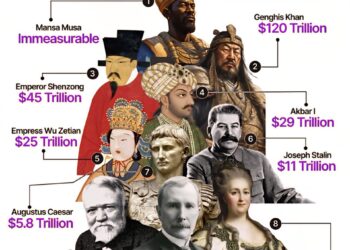Select Language:
On March 4, reports indicate that Zhou Hongyi, founder of 360 Group and a National Committee member, spoke at a recent event regarding DeepSeek’s open-source model.
Zhou praised Baidu’s founder, Li Yanhong, describing him as “very wise and experienced.” Notably, he mentioned that while Li initially had reservations about open-source technology, believing his company’s model was akin to that of OpenAI, he has shown an impressive ability to adapt by announcing an open-source initiative.
Zhou pointed out that following Baidu’s lead in embracing open sourcing, Alibaba has also committed to this model. He speculated that ByteDance could potentially do the same, emphasizing that once an open-source ecosystem gains traction, it typically outcompetes closed-source alternatives.
This announcement stirred memories of the competition between Zhou and Li over open-source versus closed-source approaches. In a public statement from late April 2024, Zhou responded to Li’s assertion that open-source models would fall behind, stating, “I believe in the power of open source. Some influential figures online claim that closed-source is better, but that’s nonsense—don’t be misled. The company making this claim has only grown thanks to the power of open source.”
He further argued that without open source, Linux and the entire modern internet would not exist. Zhou noted that the current trend is toward increasingly large models, with specifications of 200,000, 500,000, or even 1,000,000 parameters becoming common.
360 has also released its capabilities as open source, providing significant advantages for many large models. Zhou reiterated, “This is the strength of open source; there’s no need to reinvent the wheel.”
Previously, during the Baidu AI Developer Conference, Li Yanhong asserted that models created via dimensionality reduction yielded superior results and lower costs compared to those developed directly from open-source models. He confidently stated, “So open-source models will fall increasingly behind.”
However, less than six months later, Baidu faced a significant challenge from DeepSeek’s new models, DeepSeek R1 and DeepSeek V3, which showcased advanced functionality and subsequently announced their own open-source model, marking a significant shift in the industry’s landscape.







